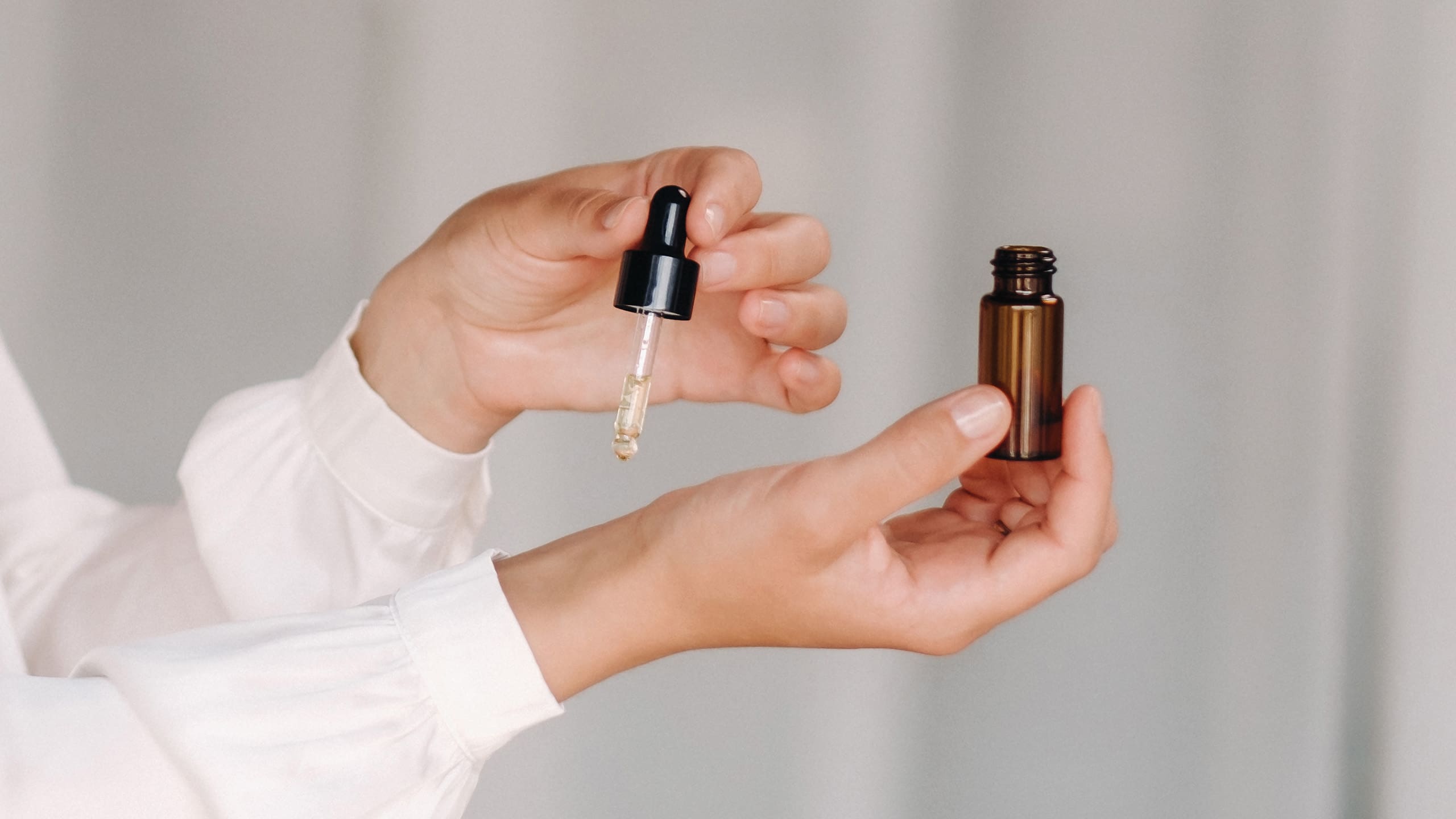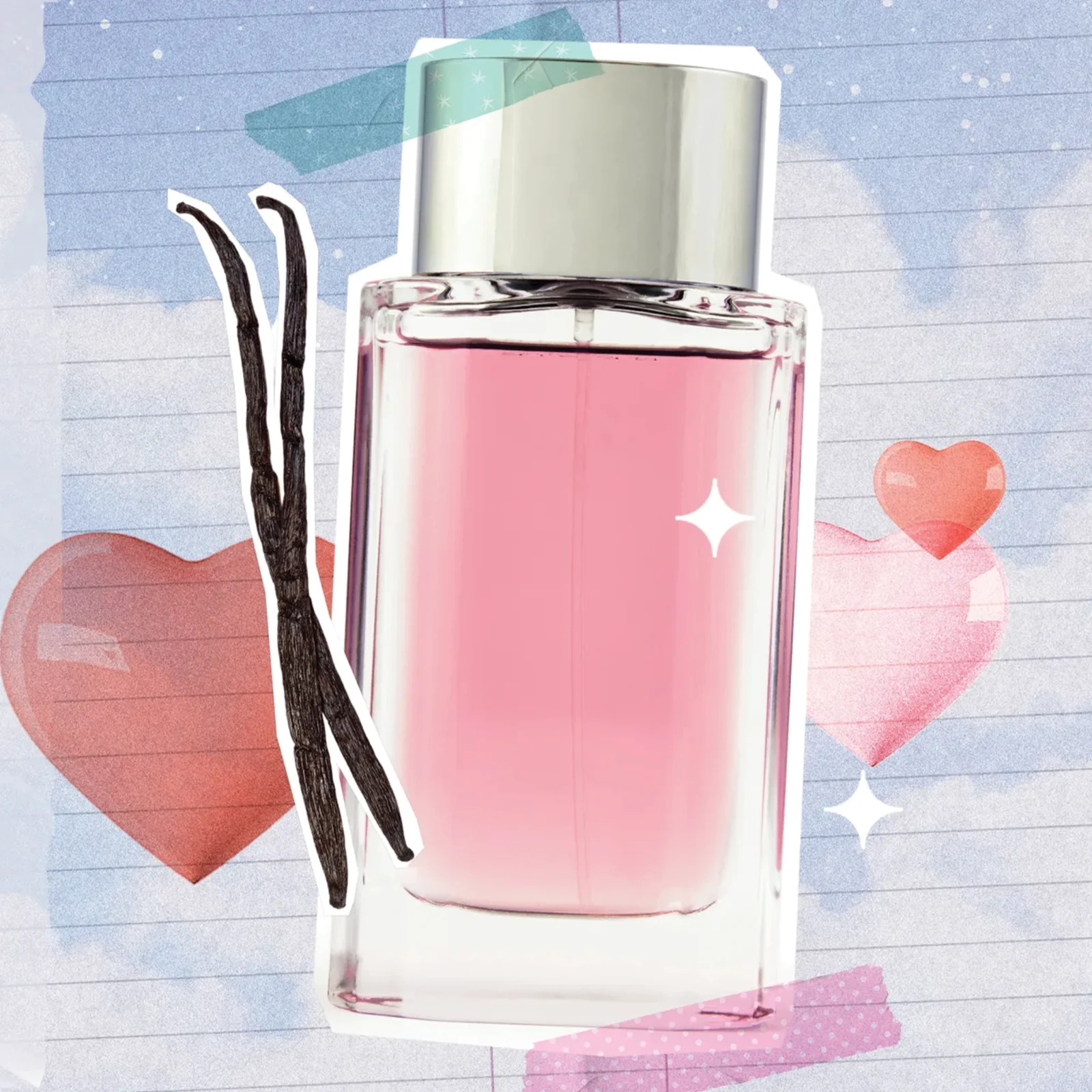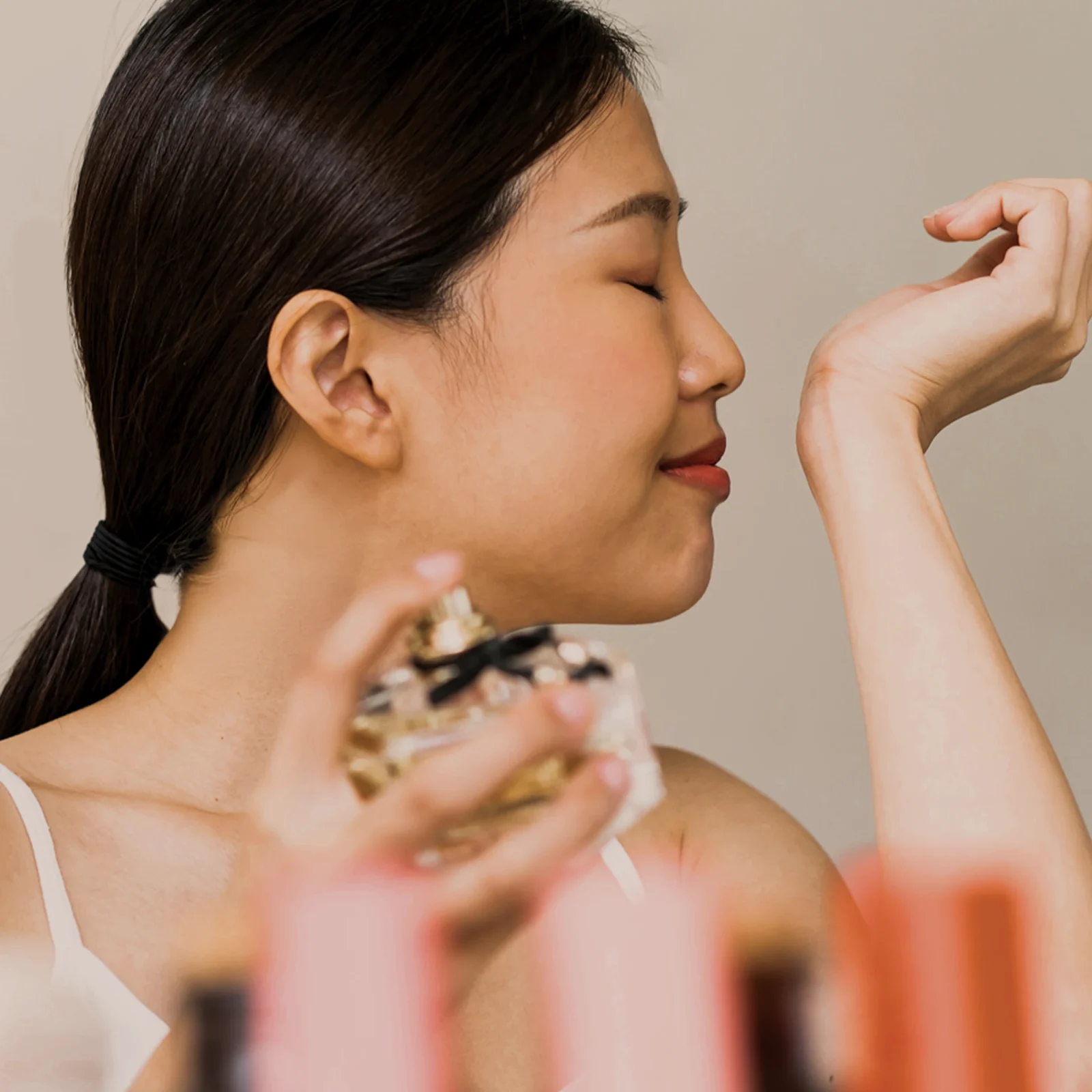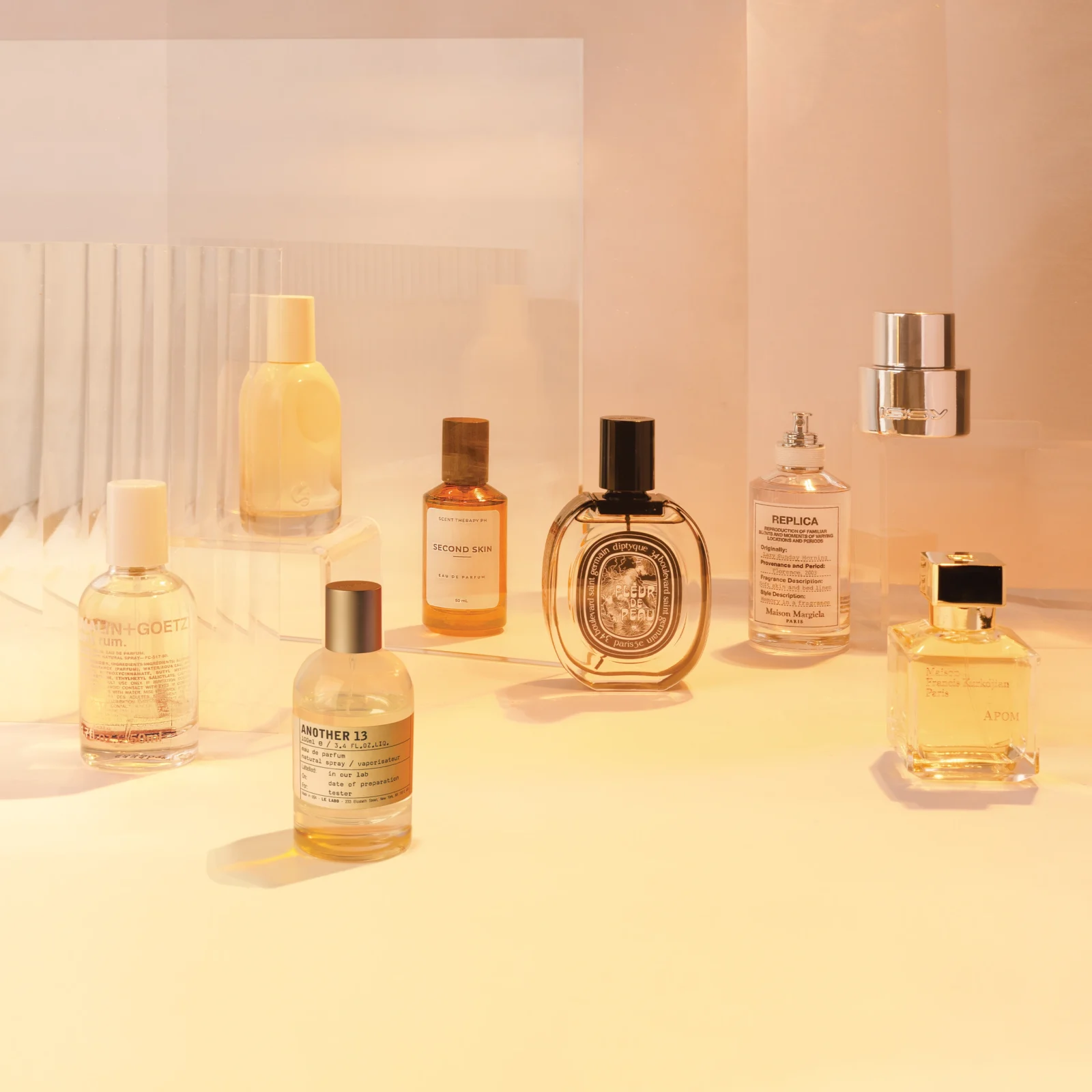How Your Skin Influences Your Perfume’s Scent
Your skin plays a bigger role in your perfume’s performance than you realize.
By Leira Aquino
Did you know that your skin doesn’t just carry your perfume, but also actively changes how it smells and lasts? The way a fragrance performs isn’t just about the blend of notes inside the bottle: Your skin acts as the stage where the scent unfolds. Think of it like a Broadway play: No matter how great the script is or how talented the performers are, the set and lighting dramatically affect the final experience. In this case, your skin, the body’s largest organ, is the backdrop, and fragrance is the star performer.
To explore the fascinating science behind how perfumes interact with our skin, Allure Philippines spoke with perfumer Shale Albao, founder of Tadhana Fragrances and a chemical engineer by profession. She studied the Art of French Perfumery at ISIPCA Graduate School in Versailles, France, an institution founded by Jean-Jacques Guerlain. “Perfumery for me is a combination of science and art,” she shares.
True enough, there’s a whole science to how fragrances behave on your skin. Let’s unpack how your skin type and pH level influence the way your perfume smells, and what you can do to make the most of it.
Oily skin vs dry skin: How your skin type affects your fragrance
Your skin type, whether oily, dry, or normal, plays a key role in how a perfume develops and lasts throughout the day. “Perfumes are volatile, they tend to evaporate over time,” Albao explains. The speed of this evaporation determines how long a scent lingers on your skin.
Those with oily skin may have the advantage here. “Oily skin tends to hold on to perfume longer,” the perfumer says. This is because natural skin oils mix with the fragrance, creating a heavier composition that slows down evaporation. In other words, the more oil your skin produces, the longer your perfume stays put. However, there’s a trade-off: oily skin can amplify a fragrance, making it smell more intense. To balance this, Albao suggests opting for lighter scents. “You might want to experiment with lighter perfumes, perfumes that have more middle and top notes like florals, spices, or citruses, and have heavier base notes as support,” she advises. These notes, along with aromatic scents, can create a more subtle effect.
For those with dry skin, the challenge is quite the opposite. “Because there is not a lot of natural oils on the skin, the perfume will evaporate faster,” Albao explains. If you find that scents disappear quickly on you, don’t worry because there are ways to make them last longer. “You may want to try perfumes that are high in base notes like musks, amber, or woods so they can last longer on your skin,” she suggests. Additionally, opting for perfumes with higher oil concentration, such as parfum or eau de parfum, can improve longevity. Another tip from Albao? Carry a travel-sized bottle to reapply throughout the day.
Since moisture helps retain fragrance, Albao also recommends applying lotion or moisturizer after spraying your perfume if longevity is your goal. “The lotion will lock the perfume in, making it stay longer on your skin,” she explains. However, if you prioritize projection (how far the scent carries), she suggests applying lotion before spraying your fragrance.
Is your skin’s acidity changing your scent?
You might have heard people talk about skin as if there’s an “acidic” and “non-acidic” type, but the truth is, all skin is naturally acidic. The key difference is whether it’s more or less acidic. “Our skin usually ranges from 4.7 to 5.75 pH which is considered as slightly acidic,” Albao explains. On the pH scale, which ranges from zero to 14, the lower the number, the greater the acidity is. Anything below seven is considered as acidic. Seven is neutral, while anything above seven is considered as alkaline.
“There is no proven data yet, but most observe that on a more acidic skin, fragrances tend to be more subtle and softer. On less acidic skin, fragrances tend to be sharper,” Albao notes.
If you’re curious about where your skin falls on the acidity scale, at-home pH test strips can give you an estimate, but honestly, it’s not something you need to stress over. Your body naturally regulates pH levels, so trust that it’s doing its job. The key takeaway here is that there are many factors that affect how your perfume performs—pH is a piece of the puzzle.
Finding the right fragrance for you
“Each one of us has our own unique scent, our own body chemistry, and there are many factors affecting it,” Albao says. Skin pH, oiliness, and dryness all play a role, but so do climate, diet, and daily activities, she adds.
“At the end of the day, it all comes down to experimenting and finding what works for you,” Albao says. Fragrance is deeply personal, and no two people will wear a perfume the exact same way. The best way to choose a scent is to try different ones and see how they make you feel. Go with what brings you confidence and joy. That’s the best scent for you.
You might also like
To provide a customized ad experience, we need to know if you are of legal age in your region.
By making a selection, you agree to our Terms & Conditions.








